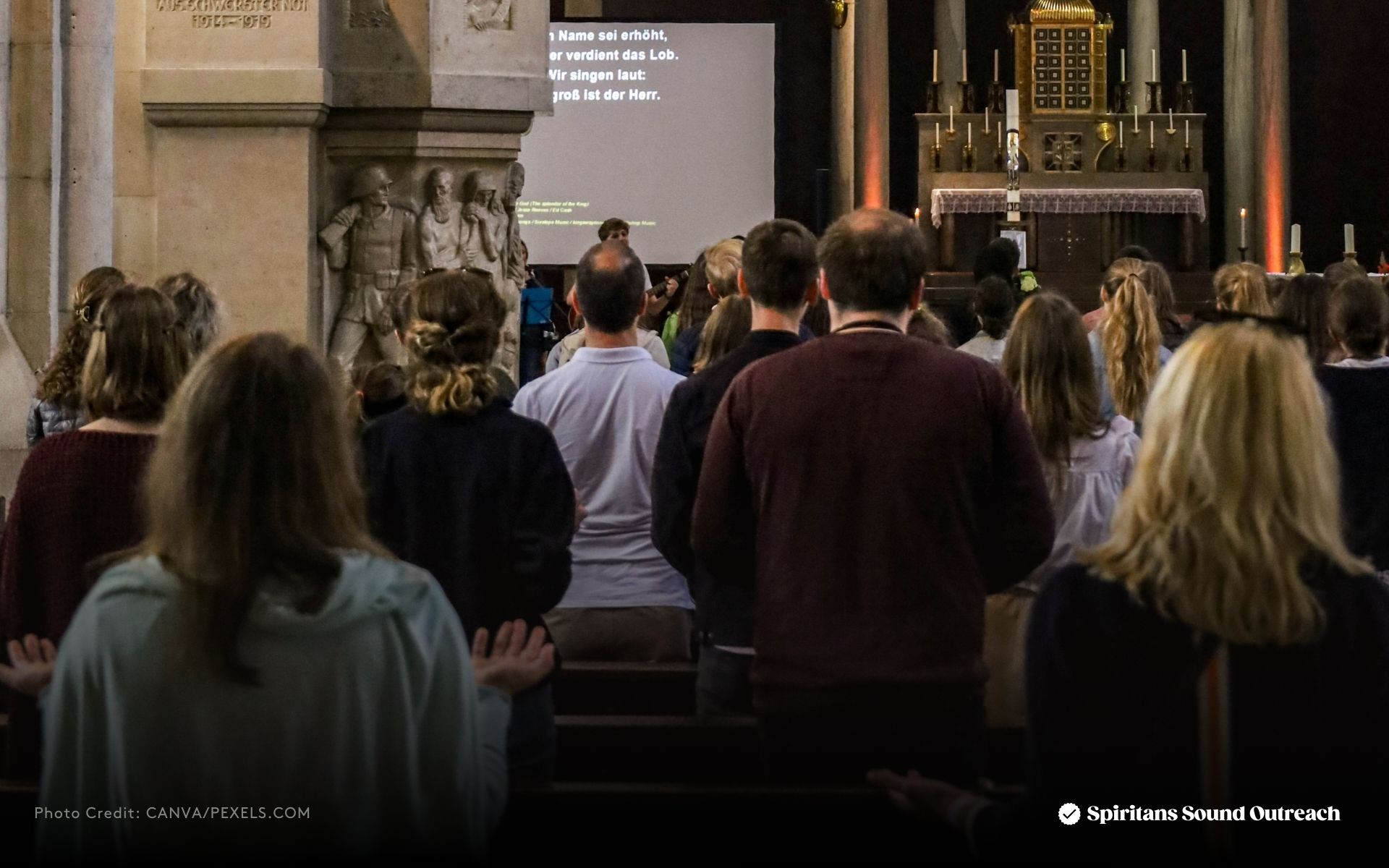HOMILY OF WEDNESDAY OF THE FIRST WEEK IN LENT YEAR B
Jonah 3;1-10, Luke 11:29-32
THEME: WHEN WE CALL OUR SINS BY THEIR NAMES
We live in a world where we find it difficult to confront our sins. Anytime sin is preached against, we tend to refute the preacher or we accuse him or her of self righteousness. Even the preachers oftentimes would prefer to appeal to what the people will like to hear and shrink from mentioning the sins prevailing among the people for fear of attack.
The truth stands that, if we do not call our sins by their names, or if we give our sins attractive names, they will always bite us, and we will lack the courage or the motivation to fight them. We must face the reality of our human weakness and recognize our inability to save ourselves. This helps us to consciously cry to God for help. Our battle against sin is an age long battle, which our denial cannot handle.
However, we read earlier, how Jonah refused to preach repentance to the Ninevites in disobedience to God. [Jonah 1:1-3]. He rather took a different direction as against God’s direction. He would prefer they die in their sins than repenting and be saved. Contrary to his expectation and after learning his lesson in the hard, way in the belly of the fish, he came back to answer this call. Despite his experience anyway, he came to Nineveh to proclaim destruction and not a call to repentance. “Yet forty days, and Nineveh shall be overthrown.” Jonah 3;4. To his amazement, the people took the matter seriously and repented from their sins. “And the people of Nineveh believed God; they proclaimed a fast, and put on sackcloth, from the greatest of them to the least of them.” Jonah 3:5. Interestingly, “when God saw what they did, how they turned from their evil way, God repented of the evil which he had said he would do to them; and he did not do it.” Jonah 3:10
God does not desire the death of a wicked man. He simply wants him to repent and live. When we refuse to confront the evil in our time, it may mean that we are trying to protect our means of livelihood; we do not want to offend our benefactors and benefactresses. Those who capitalize on the gospel of prosperity know how lucrative it is. Preachers of salvation get more enemies than friends. In any case, when we do not want to condemn sin, it may also mean that we maliciously want the people to die in their sins.
Above all, condemning sins does not make the preacher a superhuman. The invitation to repent is from God, for man’s sake. A prophet is only an instrument in God’s hands. He is equally in need of redemption. He is a passive speaker and should be an active listener to the word of God that he preaches. Who knows that the Ninevites would repent? Salvation preaching is not condemnation. Rather, it is an acknowledgment of our limitedness and a call for God’s help.
May our hearts be open to God’s invitation to holiness. May God’s mercy overflows in our lives. Through Christ our Lord. Amen.







